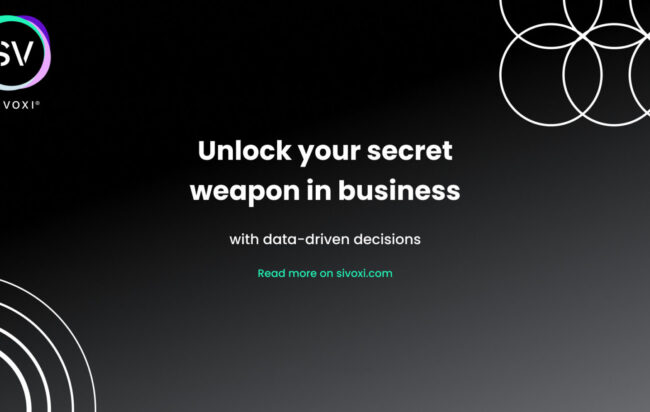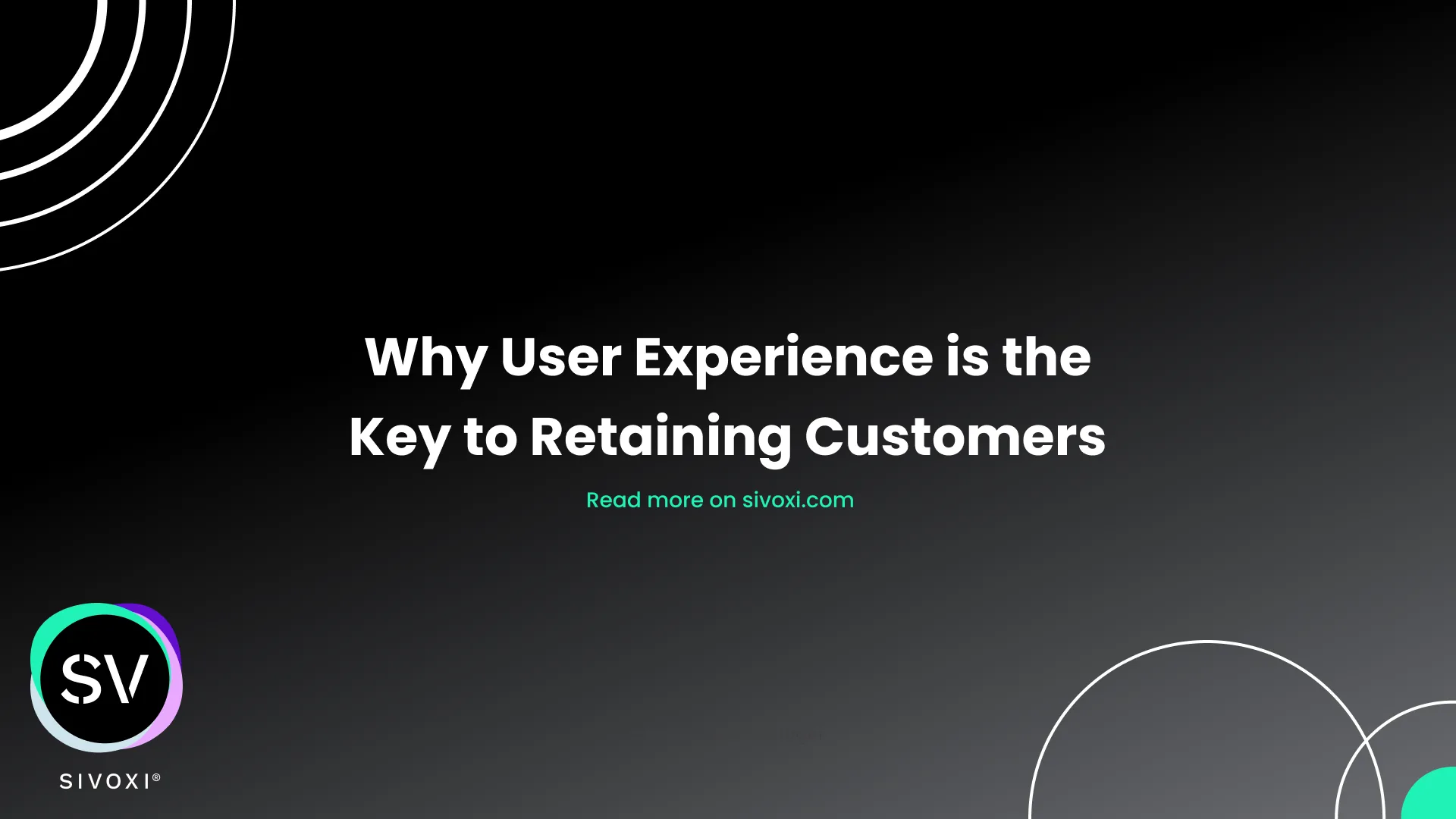Data is a game-changer, but the misconception that harnessing its power requires deep pockets couldn’t be further from the truth. Small businesses can also dive into the data-driven realm with cost-effective strategies that pack a punch. Let’s explore practical tips to embrace data-driven decision-making without breaking the bank.
1. Start with clear objectives
Define your business goals and the specific outcomes you wish to achieve through data-driven decision-making. Clarity on objectives will guide your efforts and help you prioritize the data that truly matters for your business.
2. Leverage free and open-source tools
Explore the array of free and open-source tools available for data analysis. Platforms like Google Analytics, OpenRefine, and Tableau Public offer, robust features without the hefty price tag, making them ideal for businesses with budget constraints.
3. Focus on key metrics
Identify the key performance indicators (KPIs) directly tied to your business objectives. By concentrating on a few critical metrics, you streamline your data collection and analysis efforts, ensuring a more focused and cost-effective approach.
4. Embrace DIY data cleaning
Data cleanliness is crucial for accurate analysis. Businesses can save costs by embracing a do-it-yourself approach to data cleaning. Invest time in learning basic data cleaning techniques using tools like Microsoft Excel or Google Sheets.
5. Tap into cloud services
Cloud computing offers scalable and affordable solutions for data storage and processing. Services like Amazon Web Services (AWS) and Google Cloud Platform (GCP) provide pay-as-you-go models, allowing small businesses to access powerful computing resources without hefty upfront costs.
6. Prioritize data security
While on a budget, don’t compromise on data security. Implementing basic security measures, such as regular backups and encryption, helps safeguard your business data without the need for expensive solutions.
7. Invest in employee training
Empower your team with basic data literacy skills. Investing in training programs can enhance your employees’ ability to interpret and utilize data effectively. Many affordable online courses and resources cater to beginners.
8. Collaborate and share resources
Consider collaboration with other businesses in your niche. Pooling resources and sharing insights can be a cost-effective way to access a broader range of data and gain collective benefits.
9. Eplore government and industry databases
Take advantage of publicly available datasets provided by government agencies and industry associations. These datasets can supplement your internal data, providing valuable insights without incurring additional costs.
10. Monitor and iterate
Regularly monitor the impact of your data-driven efforts and iterate based on feedback. This iterative approach allows businesses to refine their strategies over time, maximizing the value of data-driven decision-making within budget constraints.
Any business can successfully embark on the data-driven journey without draining their wallets. By strategically selecting tools, focusing on key metrics, and fostering a culture of data literacy, even the most budget-conscious businesses can leverage the power of data for informed decision-making and sustainable growth.
To learn more about user-centric design follow us on our socials here.
Have a software idea?
Email us here: tech@sivoxi.com
Alternatively, feel free to give us a call during business hours: 060 803 9067











